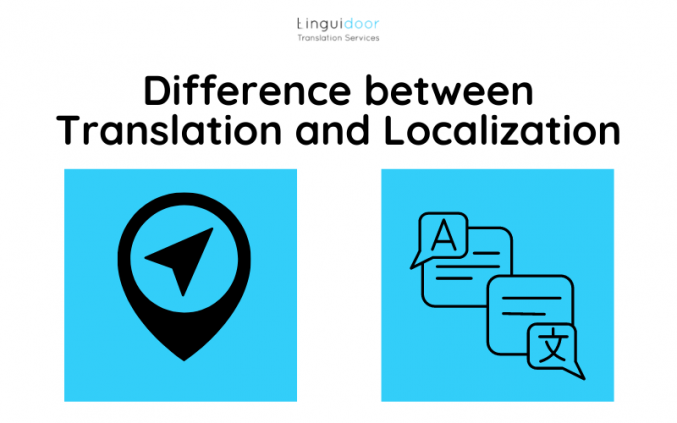What is the difference between Certified translation and Notarized translation

There is a lot of confusion between a certified translation and notarized translation. At times, many consider these two services to be a synonym, which is a myth. These are two different types of translation services that are similar in terms of core service, but distinct in nature.
What is a certified translation?
A certified translation refers to the translation of a document, accompanied by a signed statement attesting that the translation is accurate and complete, and to the best of the translator’s knowledge and ability. Any good translator or translation company may provide a “certified translation”. However, it is pertinent to note that a translator does not need to be ‘certified’ in order to provide a certified translation.
There are a number of documents for which a certified translation is required. A few examples of documents which required certified translation are birth certificates, marriage certificates, wills, affidavits and all legal documents.
What are the requirements for a certified translation?
Certified translations are usually governed by local laws of each country. The key requisites of a certified translation are as follows:
- The original document must be translated directly in its entirety. All the non-textual elements, like signatures, marks, dashes, stamps and seals must also be translated along with the text.
- The translated copy must visually match the appearance of the original document. All the marks and symbols, like seals, signatures and etc. must appear in the same place in the translated document as they do in the original.
- A duly signed and stamped certificate of translation must be issued by the translator or the authorized signatory from the translation service provider, in order to certify and attest that the translator or translation service provider confirms that the translated document is an accurate and genuine translation of the original source document, followed by the seal of the company.
- Finally, the documents are authenticated by the Indian Translators Association (ITAINDIA), the only professional body of translators in India, which is duly recognized by the world’s apex body, International Federation of Translators (FIT), Switzerland.
What is notarization?
A notary public is authorized by the government to authenticate and oversee different legal formalities including translation. In this case, the notary public neither translates the documents himself nor checks the quality of the translation. The process of notarization involves fulfilling the formal requirements of an institution of providing a translated copy, certify the same and that the translator must submit an affidavit taking an oath to the accuracy of translation before a notary public. The notarized documents are usually required to be submitted before banks, other financial institutions, immigration services or Courts.
What is the difference between a certified translation and notarized translation?
Certified translation is not synonymous with the notarized translation. Generally, people tend to confuse these two services and treat them as similar. However, as mentioned earlier, the key difference lies in the fact that under a certified translation, a certificate is issued to confirm the accuracy of content. Whereas, in case of notarized translation, an affidavit declaring the accuracy of translation is authenticated by the notary public.
It would further help in easing out this confusion if the requirement of a certified translation or a notarized translation is checked before-hand so that one is clear as regards the requirement before availing the service from the service provider. Usually, only one form of translation is required.
We at LINGUIDOOR, a holistic language service provider, have the expertise in translating documents in 150 different languages. Our team consist of 2000+ professional and experienced linguists to provide certified translations. We provide best in class services with quick turnaround time and in affordable costs.
Connect with us today over the phone (WhatsApp) at +4917634355168 or send us an e-mail at services@linguidoor.com. Visit us for more details at www.linguidoor.com.

Made up your mind yet?
Empower your globalization goals today!




